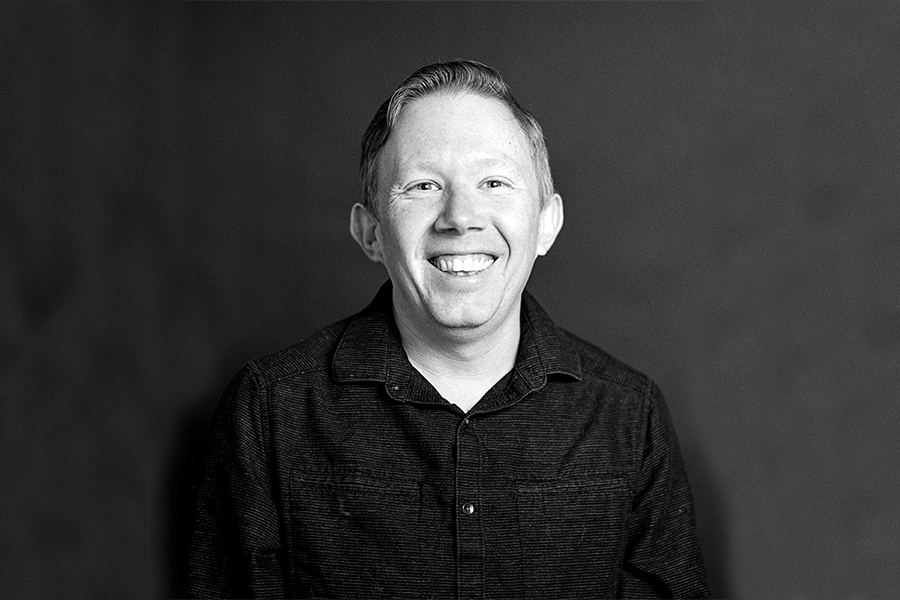
Kevin Zollman Receives Mellon Foundation New Directions Fellowship
By Shilo Rea
Advances in behavioral economics, psychology and complex systems are challenging the core assumptions of classical economic theory. In order to bridge these fields through philosophical inquiry, Carnegie Mellon University’s Kevin Zollman has received an Andrew W. Mellon Foundation New Directions Fellowship.
New Directions Fellowships are designed to enable mid-career scholars to pursue systematic training in areas outside of their specializations. The two-year, $190K award will enable Zollman, a philosopher and game theory expert, to study behavioral and complexity economics. Roughly one dozen New Direction Fellowships are awarded each year.
The fellowship will allow Zollman to train with Carnegie Mellon’s world-renowned behavioral economists, who use a unique fusion of economics and psychology to tackle some of the most complicated and costly problems. They include George Loewenstein, a co-founder of the field, Linda Babcock and Saurabh Bhargava, and a network of activities through the Center for Behavioral and Decision Research.
He will also work with complexity economists John Miller and Simon DeDeo and interact with a wide-range of experts through their Santa Fe Institute partnership.
“Of all the sciences, economics has the most impact on policymakers,” said Zollman, associate professor of philosophy in the Dietrich College of Humanities and Social Sciences. “Because of its centrality, economics calls out for philosophical attention. Its theories intersect political philosophy, ethics, philosophical science and theories of rationality. Despite the overlap, the philosophy of economics has not seen the same widespread investigation as the philosophies of physics or biology. ”
In the past, Zollman’s research has applied economic techniques to vexing problems in philosophy and biology. In his popular book, “The Game Theorist’s Guide to Parenting,” he applied the economic techniques of game theory to family dynamics. His most recent research applies economic models to understanding how scientists choose projects and methods.
Zollman believes the fellowship will open the door to several new research directions, including an investigation into the philosophical, economic and ethical arguments for the free market. It will also support his ongoing work with Alex John London on the interface between economics and ethics.